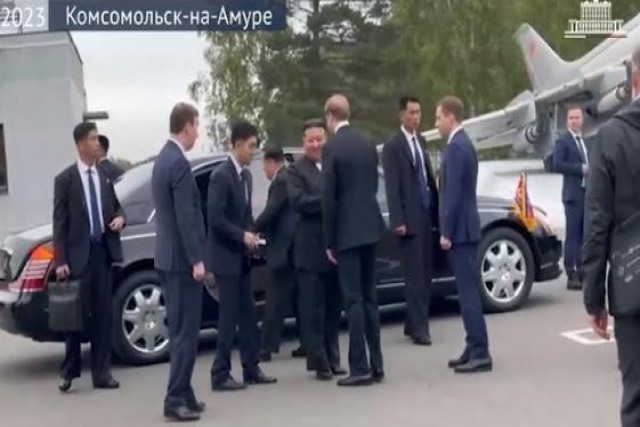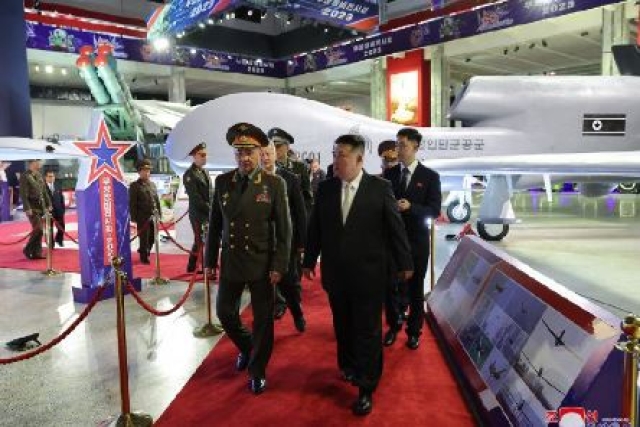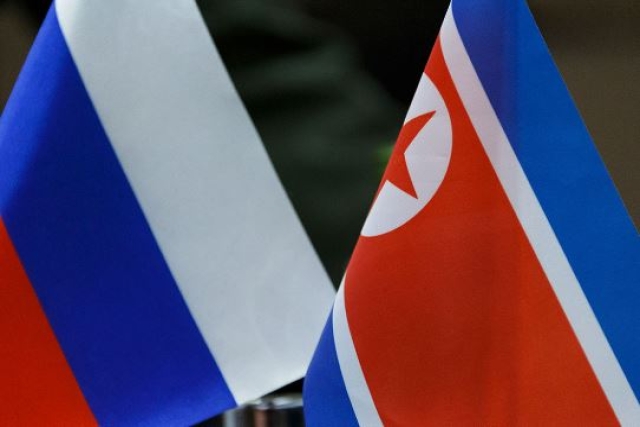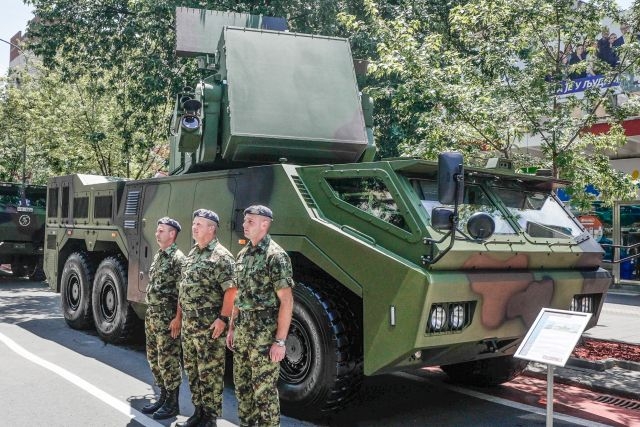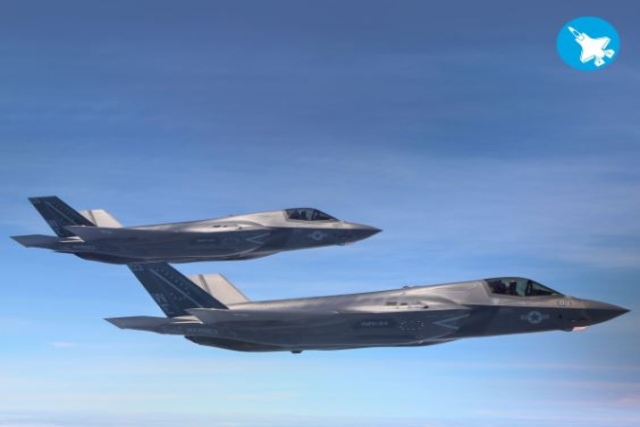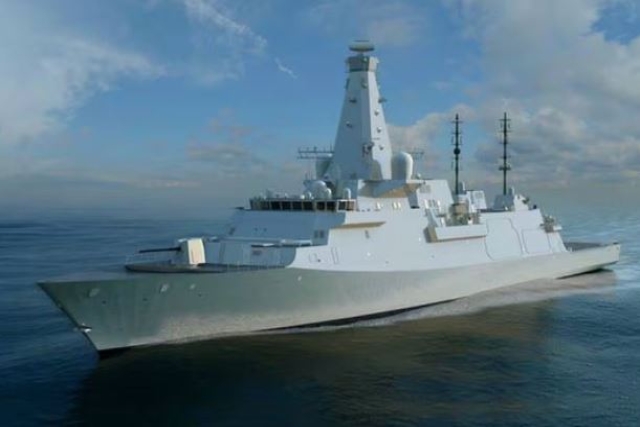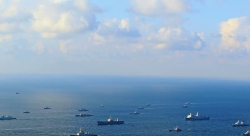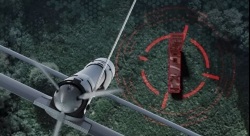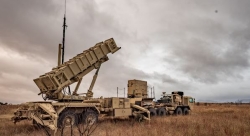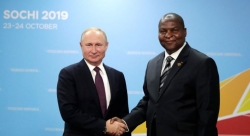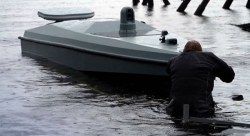First Batch of North Korean 130mm Artillery Shells Arrive in Russia
Russia and North Korea signed a defense pact on June 19 pledging mutual military support if either is attacked.
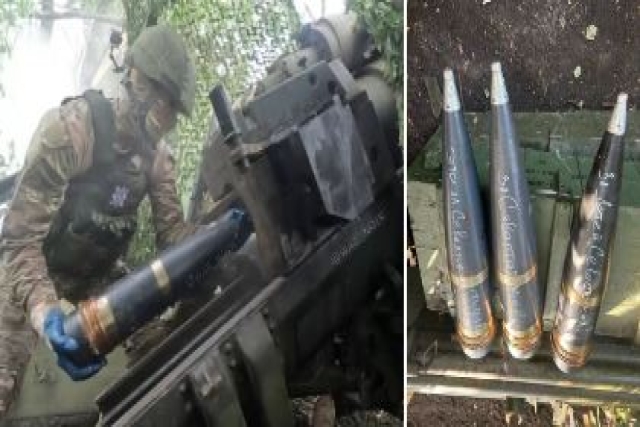
North Korea has started delivering large batches of 130-mm high-explosive fragmentation shells OF-482M to Russia, intended for use with long-range 130-mm M-46 cannons.
These projectiles have a range of 27,490 meters, equivalent to the performance of the 152-mm Msta-B howitzers, despite lacking bottom pressurization gas generators, as per Russian Arms Telegram channel.
This development follows Russian President Vladimir Putin's official state visit to North Korea, his first in nearly 25 years. During the visit, President Putin and North Korean leader Kim Jong Un signed a defense pact in Pyongyang on June 19. The treaty stipulates that if either country is attacked, the other will provide military and other assistance without delay. This pact reflects a deepening of military and strategic ties between Moscow and Pyongyang.
Several NATO allies, including the United States and Germany, have recently authorized Ukraine to target Russian soil with long-range weapons supplied to Kyiv. Earlier this month, a Western official and a U.S. senator confirmed that Ukraine had used American weapons for strikes inside Russia.
Following the agreement, North Korea announced plans to send a military engineering unit to support Russian forces in the Donetsk region, with troops expected to arrive as early as next month, according to Ukrainian media. Since a meeting between the leaders in Russia last September, North Korea has already supplied Russia with nearly two million rounds of artillery ammunition, rockets for multiple launch rocket systems, and allegedly ballistic missiles.
Pentagon spokesperson Pat Ryder criticized the deployment during a June 25 briefing, suggesting that North Korean troops were being sent to their deaths in what he termed an illegal war against Ukraine. “I think that if I were North Korean military personnel management, I would be questioning my choices on sending my forces to be cannon fodder in an illegal war against Ukraine – we’ve seen the kinds of casualties that Russian forces [have been taking],” he said.
U.S. spy chief Avril Haines is scheduled to meet with South Korean President Yoon Suk Yeol on Friday amid escalating tensions on the Korean peninsula. This meeting will be unofficial, with no public disclosure planned.
South Korea, while providing humanitarian aid and supporting U.S.-led sanctions against Russia, has not directly supplied arms to Ukraine. However, in response to the new Russia-North Korea agreement, South Korea indicated it might reconsider its policy and consider sending arms to Ukraine.
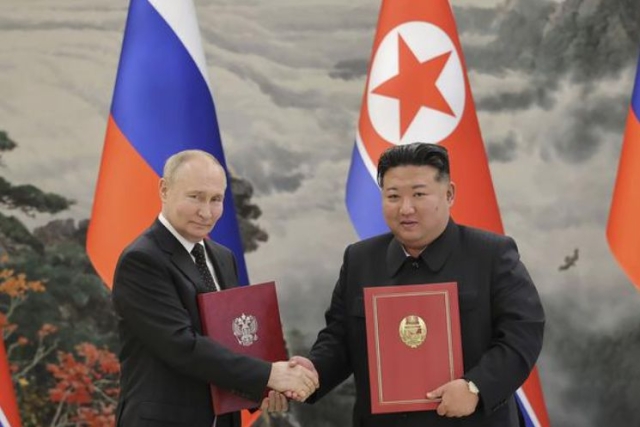
The summit between Kim and Putin occurred amid concerns from the U.S. and its allies about a possible arms arrangement, where North Korea provides Russia with munitions for the war in Ukraine, in exchange for economic aid and technology transfers to enhance North Korea's nuclear weapons and missile program. Kim described the relationship as a "fiery friendship," calling the deal the "strongest-ever treaty" between the two nations. Putin hailed it as a "breakthrough document."
Historically, North Korea and the former Soviet Union signed a treaty in 1961, necessitating Moscow's military intervention if the North was attacked. This was replaced by a weaker security agreement in 2000 after the USSR's collapse. The new treaty stipulates that actions must comply with the laws of both countries and Article 51 of the United Nations Charter, which allows for self-defense.
